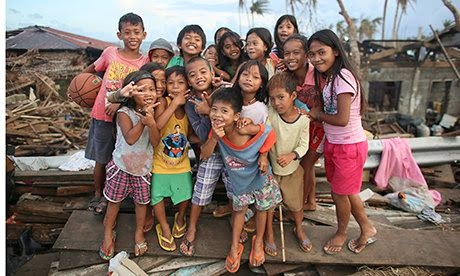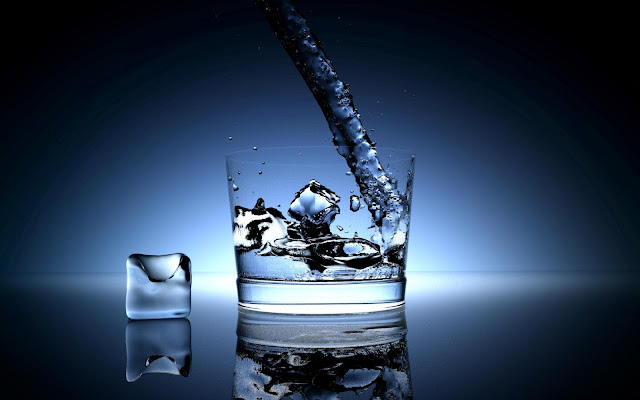Welfare State like Norway - Philippines?
 |
A country of 100 million Filipinos. The richest Filipinos are one of the richest in the world, while poverty rates are steady at a high level in decades. We Filipinos blame it to many things and worse, majority of us just accept the fact that nothing can be done in our lifetime about this deplorable situation. However, reading more about Norway made me think, if the Norwegians was able to do it, what factors have hindered us Filipinos of having it. Norway was even considered once as one of the poorest country in Europe. It is hard to toil the land for agriculture in massive scale and also was suppressed by more powerful countries before. For me, this sounds very familiar, since Philippine history shares some of Norway's problems.
A welfare state works with the government ensuring economic and social well-being of its citizens through provision of social services, distribution of resources and assumption of the responsibility of the poorest and the most vulnerable people in the society. Does it sound like a "dole out"? Perhaps some people think it is. In Norway, if you do not have work, you can ask the help of the government. Running out of food, people can go to lines to get some food to eat. More importantly, education and health services are available and affordable to everyone. Literally, almost everyone gets a salary near the average, while few people are considered very rich and poor.
Does it seem very expensive for a welfare state to run? It is, but government wisely allots money derived from various income, including natural resources for everyone. Taxes levied to the rich is also adjusted accordingly to decrease the income gap between highest and lowest strata of the society. In these two points, good allocation and taxes, Norway serves as a role model to the Philippines. In contrast, in spite the Philippines being rich in natural resources, income from these sources "leak" unnecessarily out through corruption and worse harnessed by other countries. With regards to taxation, distrust of people due to ineffective bureaucracy convinces more people not to pay the right taxes, hereby making the government budget for social services low, relative to the country's population.
Everybody in Norway gets education almost free. In the Philippines, although basic education in public schools are free, sending children to school is still expensive relative to income. This results many getting more people unemployed, resulting a bigger gap between the poor and the rich. It could have been better if people get jobs easily, but simply this has not happen. The resources are limited to support all its citizens. Worse, investments can not easily flow into the country given political adversaries, constitutional limitations and a higher business costs. In the contrary, Norway has minimal problems on these things.
Unrealistic. Perhaps others may consider when asked if Philippines could be a welfare state like Norway. It is beneficial for more people to have a welfare state, but we find various hindrances for it to be realized. Things can not be undone in one day. However, at time Filipino get a sense of what a welfare state is, especially during tragedies and great calamities, when everyone depends on help of others especially from the government. Although these are abnormal circumstances, but at least we Filipinos see a glimpse of what socialism feels like. However, we are just used to allow people grow unimpeded by anyone or even the government.
If future leaders of the Philippines decide to make the country a welfare state, this may take a long time, several decades or perhaps a century to do so. This time will be used to fix problems deeply-rooted in our culture. However, there is a way to equalize the Filipino society. This will not come from the government but from the people itself. Regardless of what it takes, Filipinos must exert effort to be educated optimally and use this knowledge productively, equality may somehow become faster to achieve than expected.
The reason for Norway to choose of becoming a welfare state is that the government wants the citizens to take care of each other in the most just way through cooperation and teamwork. In the Philippines, although for now, it would be unrealistic to become a welfare state, but Filipinos ourselves can work harder and work together, looking on the welfare of others, helping each other and educating ourselves to aquire the knowledge and skills to improve, and more importantly, provide opportunities to others.










Comments
Post a Comment